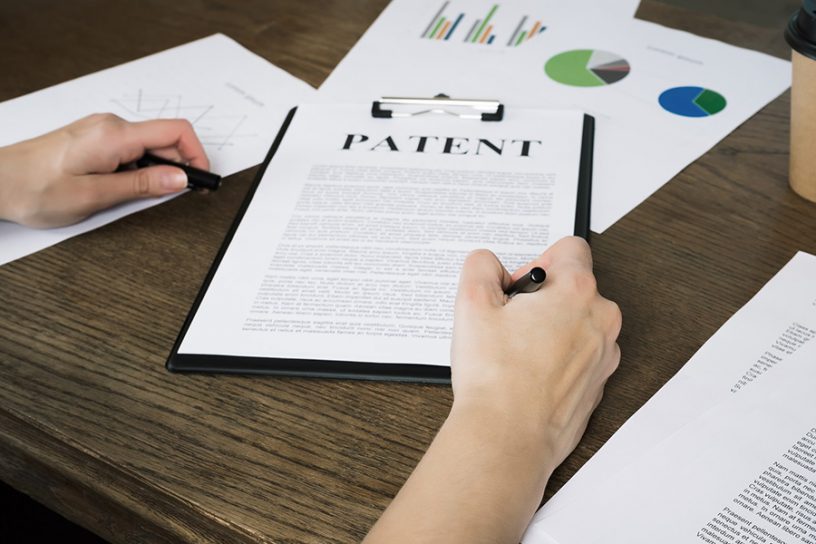
In this paper, the researchers seek to analyze the outcomes of standard essential patent disputes in India and make comparison with the ongoing efforts in developing fair, reasonable and non-discriminatory jurisprudence in Japan, EU, and United States.
Authors
Ashish Bharadwaj, Professor and Dean, Jindal School of Banking & Finance, O.P. Jindal Global University, Sonipat, Haryana, India.
Srajan Jain, Department of Law, Freie Universität Berlin, Berlin, Germany.
Summary
Courtrooms in several jurisdictions have proven to be legal battleground for developing jurisprudence for disputes on standard essential patent (SEP) licensing. In India, a settlement and a decision defined and reshaped the SEP licensing landscape.
These decisions by the Indian adjudicators come in light of the solutions proposed by the Japan Patent Office, decisions taken by the U.K. Courts and official position of the U.S. Department of Justice more recently.
In this paper, we seek to analyze the outcomes of SEP disputes in India and make comparison with the ongoing efforts in developing fair, reasonable and non-discriminatory jurisprudence in Japan, EU, and United States.
Published in: The Journal of World Intellectual Property
To read the full article, please click here.


